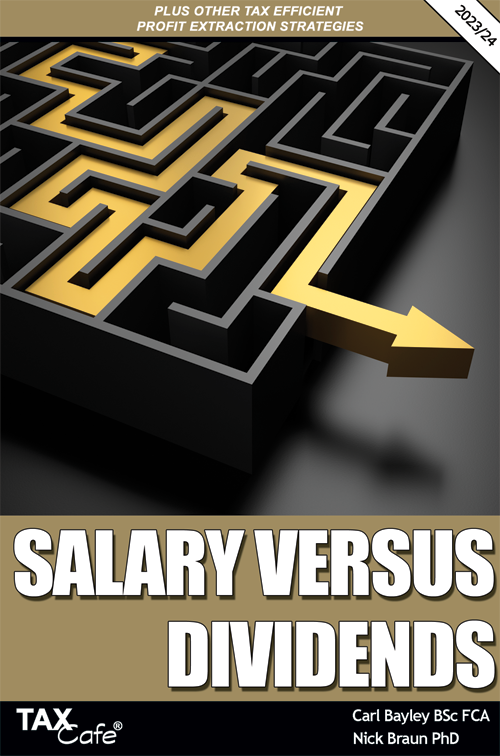Employer's National Insurance Budget
Rachel Reeves may increase employer's national insurance in the October Budget - Doing so would break Labour's manifesto pledge.
The latest tax change rumour doing the rounds is that Chancellor Rachel Reeves will increase employer's national insurance in the October Budget.
Most salary earners know very little about the national insurance their employers have to pay... but it's a massive and crippling cost.
Employers generally pay 13.8% national insurance on every pound the employee earns above £9,100. By contrast, the employee only pays 8% and this only kicks in at £12,570. What's more, once the salary reaches £50,270 (the higher-rate threshold) the rate paid by the employee falls to just 2%. Employers continue paying 13.8% no matter how high the salary goes.
As an example, for someone earning £75,000 the employer's national insurance bill is a whopping £9,094! If this tax did not exist, employers would be able to pay their staff significantly higher salaries.
Employer's national insurance is a lovely tax for politicians because employers are often faceless companies that can't vote - so taxing them heavily does not have the same consequences at the ballot box.
So will employer's national insurance be increased even further in the Budget on October 30th?
It's important to point out that employer's national insurance is going up even if the Government takes no further action. The £9,100 threshold where the tax kicks in has been frozen at this level from April 2022 until April 2028. In other words, thanks to inflation, employers will be paying more in the years ahead regardless of what Rachel Reeves decides.
Would raising employer's national insurance in the Budget break Labour's manifesto pledge?
Their election manifesto states that: “Labour will not increase taxes on working people, which is why we will not increase National Insurance, the basic, higher, or additional rates of Income Tax, or VAT”.
It all boils down to whether increasing employer's national insurance would "increase taxes on working people".
We at Taxcafe think it would for several reasons.
The first and most direct reason why an employer's national insurance increase in the Budget would break their manifesto pledge is that many employers are themselves working people.
While companies are not people, many small employers are self-employed sole traders. So forcing them to pay more employer's national insurance would categorically be a tax increase on working people. Take the example of a self-employed plumber who has five employees or a self-employed shopkeeper who employees some sales assistants.
Labour politicians and most left-wing thinkers seem to forget that not all employers are big faceless corporations with piles of cash that can be expropriated.
There are also more subtle and indirect reasons why increasing employer's national insurance would amount to a tax increase for working people. It is unlikely that any such tax increase in the October Budget would be borne entirely by employers. Instead they can be expected to:
- Increase salaries more slowly going forward, or
- Hire fewer employees in the future, or
- Offer fewer hours
How would employer's national insurance be increased?
The most obvious way would be to increase the rate from the current 13.8%. The previous Government increased national insurance rates by 1.25% but eventually reversed course and scrapped the increase. So we could see the employer's NI rate increased to 15.05% or higher.
If there is any employer's national insurance increase announced in the Budget we hope that small employers will be protected, for example by increasing the employment allowance from its current level of £5,000. This allowance gives employers a £5,000 reduction in their NI bill and is extremely valuable to small employers.
A possibly more likely change would be to levy national insurance on pension contributions made by employers.
At present employer pension contributions are exempt and levying NI on them at 13.8% would raise billions of pounds. If such a change is announced in the October Budget it may be introduced at a rate much lower than 13.8% to "test the water".
Given that many employers pay the NI they save on pension contributions directly into their employees' pension pots, such a tax increase will harm many individuals retirement plans.
Whatever employer's national insurance changes are announced in the October 2024 Budget, we at Taxcafe will give you the lowdown in our plain-English guide for small company owners Salary versus Dividends as well as our other business tax guides. Any changes to pensions will be fully covered in our guide Pension Magic.
 The information contained in this article is covered in detail in our popular guide:
The information contained in this article is covered in detail in our popular guide:Salary versus Dividends



